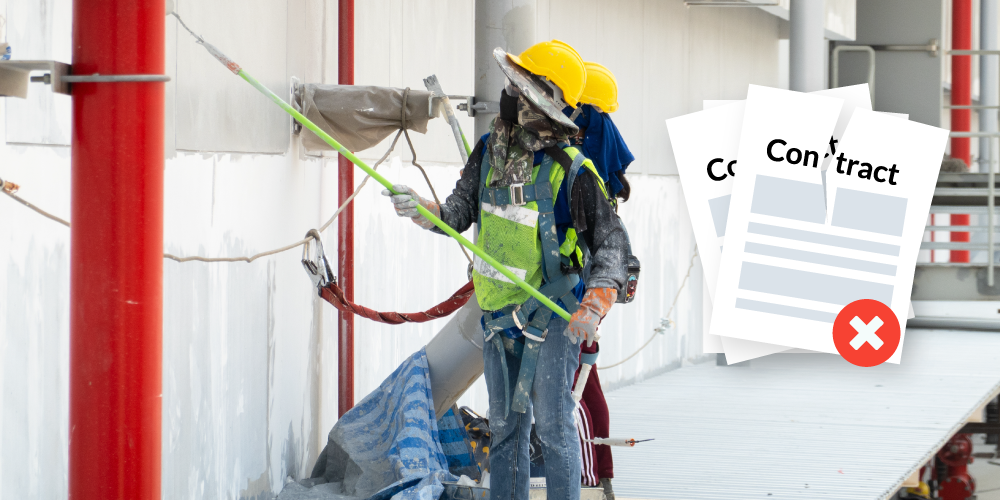The contract team members may find themselves in a confusing situation when a dispute occurs at a construction site, not knowing what action they should take. Disagreements can take a lot of time to be solved; also, they are dangerous to a builder’s reputation or damage the relationship between them and the customer.
Construction estimating software is an excellent tool used in construction projects to ensure that the project manager does not encounter losses in the project’s operation.
Disputes affect both parties and end up causing problems for the entire project. There are various ways a contractor can follow to solve or minimize conflicts on construction sites. Should a disagreement come up, however, contractors should know about the following five ways to resolve disputes.
Reasons Disputes Arise In Construction Sites
Disputes in construction sites arise because of quarrels between the team members on a contract. They happen due to a considered or actual offense of a construction contract and the responsibilities set forth therein. Disagreements may also occur due to the following;
- Lack of proper understanding of the policies of the contract.
- Hindrances on a contract.
- Lack of managing the contract.
- Incomplete protests made the team members involved.
Six Ways To Resolve Disputes In Construction Sites
- Arbitration
If the team members choose to go for arbitration, they will apply a third party in the dispute to help get a solution. In this model of solving conflicts, parties have to conform to the arbitrator, who has the practical experience to direct the disagreement.
The arbitration method of solving disputes considers papers and authentic details that affect the issue and can make a decision that advocates for one side if the parties disagree. Arbitration can abide by the law, depending on the place you live.
2. Grow Trusting Relationships With Every Shareholder
When certainty levels are high, people tend to be less protective and are more ready to share information to get a unitedly acceptable solution to a challenge. If team members doubt one another, they frequently act on the defensive, focusing only on their demands and regards. Generating a functional relationship that is certainty-based makes dispute control and resolution straightforward.
3. Engage In An Active, United Responsibility In The General Project Team
If you want to be ready to solve disagreements, it is essential not to stay calmly on the sidelines during the structural and construction process. Associating periodically through meetings, calls, and emails with the core parties from the beginning of a project can bring forward a well-known, engaged, and unbiased presence rather than an intolerant opportunist.
4. Communicate In Clear Way
The complete quantity of authentication and communication caused by the construction projects can be immense; the standard of those certificates, in terms of transparency and meaning, can be cryptic, inflammatory, or even intense.
Using uncomplicated and cooperative language can hinder small mistakes and keep them from rocketing into significant disagreements.
5. Show Equal Treatment To All Team Members
Show competence, honesty, and regard for the project and all its shareholders. People will be sure about your potential to protect their interests and issue impartial advice, recommendations, and advice. This delegates every party to be open to dispute resolution, confident in the knowledge that, if necessary, you can be depended upon to provide sincere and comprehensive feedback.
6. Present As A Resource To Assist Shareholders in Prospect Mutually Adequate Solutions
It is not effortless to challenge the local adversarial culture of the construction sector. If you serve people with rational and practical choices to the costly, firm blame game that infuses the business, you will gain the respect of your skilled colleagues and be identified as a leader in the industry.

